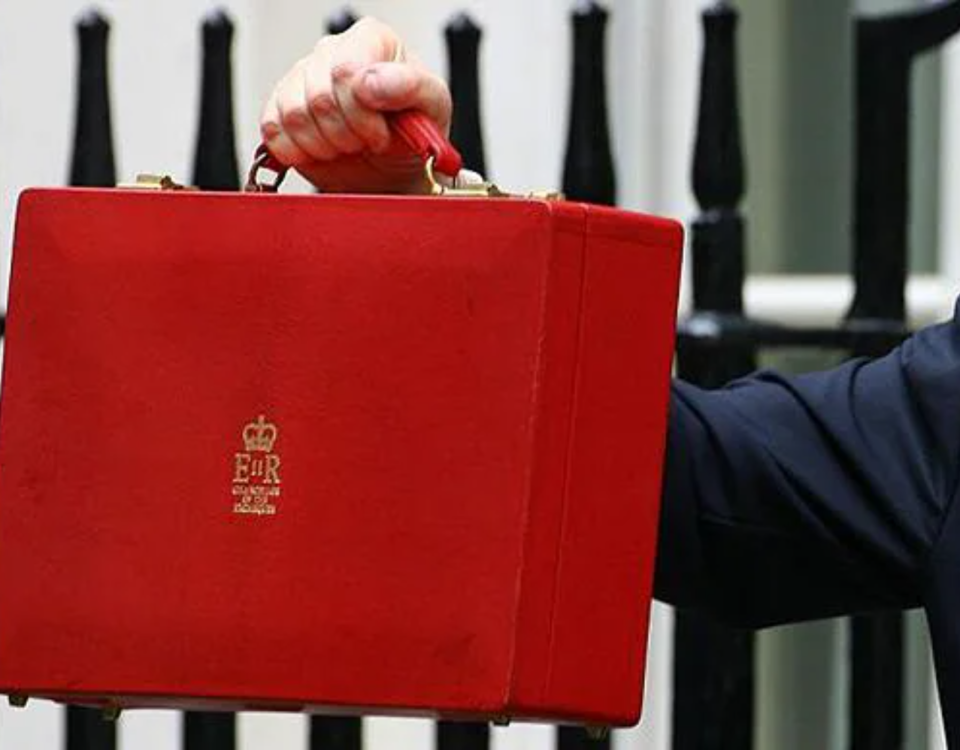The Good Work Plan was published in response to the Taylor Review in 2017, which proposed at least 53 recommendations surrounding modern employment practices and the framework of UK employment.
As a recruiter, you and your contractors will be affected by the Good Work Plan and the legislation arising from it. That’s why we’ve outlined the changes, and what Parasol can do to help.
What is the Good Work Plan?
In December 2018, the Secretary of State for Business, Energy and Industrial Strategy, Rt Hon Greg Clark presented The Good Work Plan, which announced a host of changes set to shake up the world of work in the UK. The aim of the Good Work Plan is, principally, to protect the rights of workers and to fill in any legislative gaps.
The Good Work Plan focuses on the following areas:
- Fair and decent work
- Clarity for employers and workers
- Fairer enforcement
What changes were announced in the Good Work Plan?
The government accepted the vast majority of the 53 recommendations made in The Taylor Report. The key changes that impact the recruitment industry are summarised below, including the following changes that came into force on 6th April 2020.
Abolition of the Swedish derogation model
The Agency Workers Regulations, which came into force in October 2011, gave agency workers new rights including the right to equal pay after a qualifying period (12 weeks). However, a worker could waive their right to equal pay providing the criteria outlined in regulations 10 and 11 were satisfied, namely a contract of employment that offered pay between assignments.
The introduction of Agency Workers (Amendment) Regulations 2019 repeals regulations 10 and 11, meaning it will no longer be possible to waive the right to equal pay in return for guaranteed pay between assignments. This means all agency workers that have been on assignment at the same end hirer for 12 weeks, will have a right to the same pay as a permanent equivalent that is engaged at the same end hirer.
Find out more about the end of the Swedish derogation model.
Introduction of Key Information Documents
The Conduct of Employment Agencies and Employment Businesses (Amendment) Regulations 2019 introduced regulation 13A from 6th April 2020 and is likely to prove to be the most impactful amendment for agencies. This regulation introduces a requirement for employment agencies to provide all work seekers with a Key Information Document (KID).
This is intended to introduce much-needed clarity for workers who are sometimes unaware of the deductions that will be made to their pay. The content of this document is specified in legislation which is very prescriptive. Amongst other things, the document must outline the minimum rate of pay that the employment business expects to achieve for the work-seeker and detail any deductions.
Crucially, the KID must be provided prior to agreeing on terms with the employment business at the point they are still a ‘work-seeker’. It is our suggestion that the provision of a KID is integrated into your registration process. It is worth noting that a new KID must be issued if there are any changes to the information contained within it. For example, a change to the umbrella company, deductions made or pay frequency.
You can find more in our guide to the Key Information Document (KID).
Right to a written statement
With the introduction of The Employment Rights (Miscellaneous Amendments) Regulations 2019, the government will extend the right to a written statement of particulars to all workers, not just employees and this will be a day one right. It also sets out new requirements for mandatory contents.
This change will not impact any contractors engaged through Parasol, as all of our employees receive a full contract of employment on or before day one.
For further information on this change, see our article on changes to written statements.
Changes on the horizon
The regulation of umbrella companies and establishing a single enforcement body for employment rights
Matthew Taylor, as part of his review into modern working practices, suggested that the remit of The Employment Agencies Standards (EAS) Inspectorate was broadened to include umbrella companies in the recruitment supply chain. The government has gone further than this and proposed a single enforcement body for employment rights. The Department for Business, Energy and Industrial Strategy (BEIS) is consulting on this currently.
We welcome this move to regulate umbrella companies and as part of the FCSA, we have responded to this consultation.
You can find further information about the creation of a single enforcement body in our guide.
Right to request a stable contract
As part of their commitment to provide fair and decent work, the government has confirmed in The Good Work Plan that they will introduce a right to request a more stable and predictable contract for all workers after 26 weeks of service. This measure is designed to help those on zero-hour contracts or with irregular hours to secure regular working hours. The government is still consulting on this proposed change and at present, there is no draft legislation.
For further information, see our guide on the right to request a stable contract.
Find out more
Our recruiter hub offers resources to guide you through legislation changes, guidelines and offer tangible advice and guidance.
For more guidance on any of these changes and what they could mean for you, simply get in touch with us.









